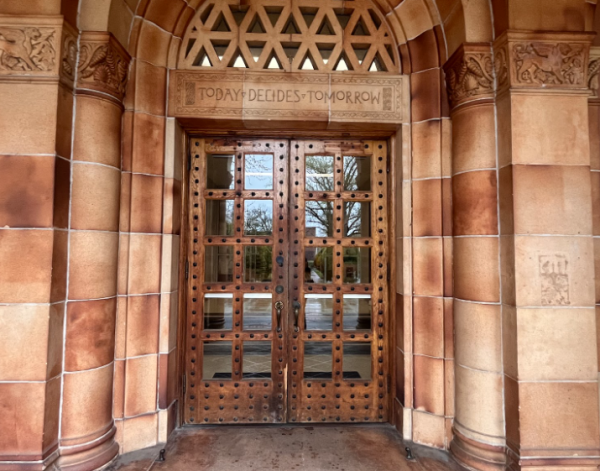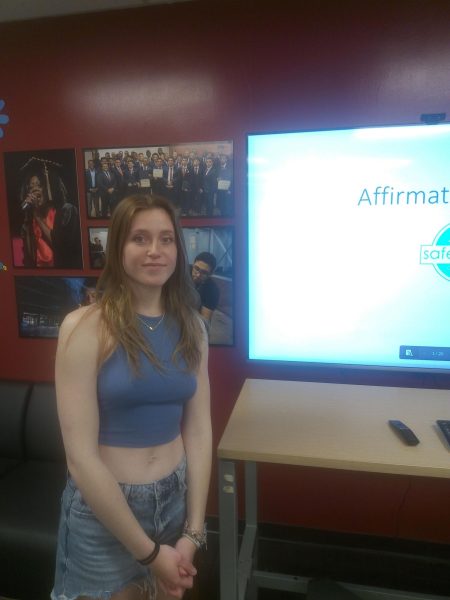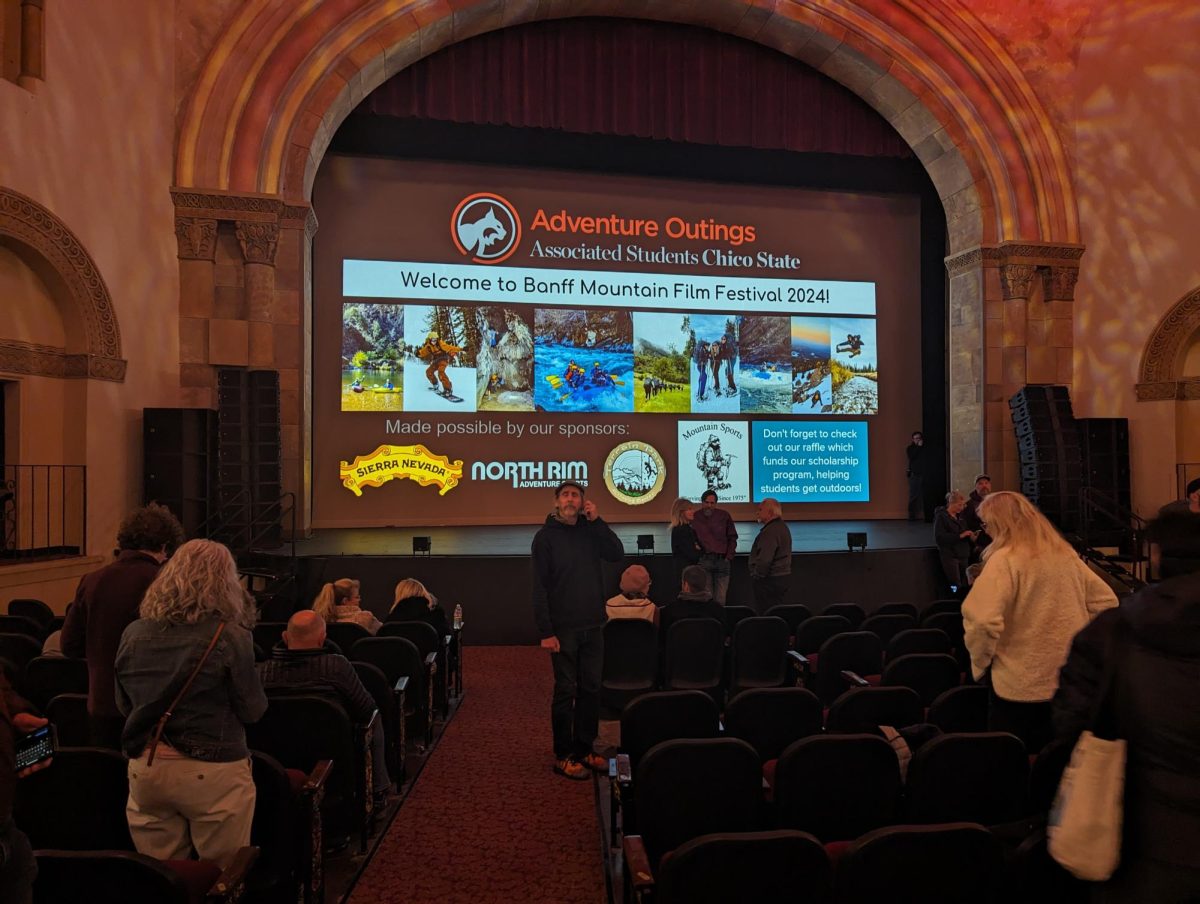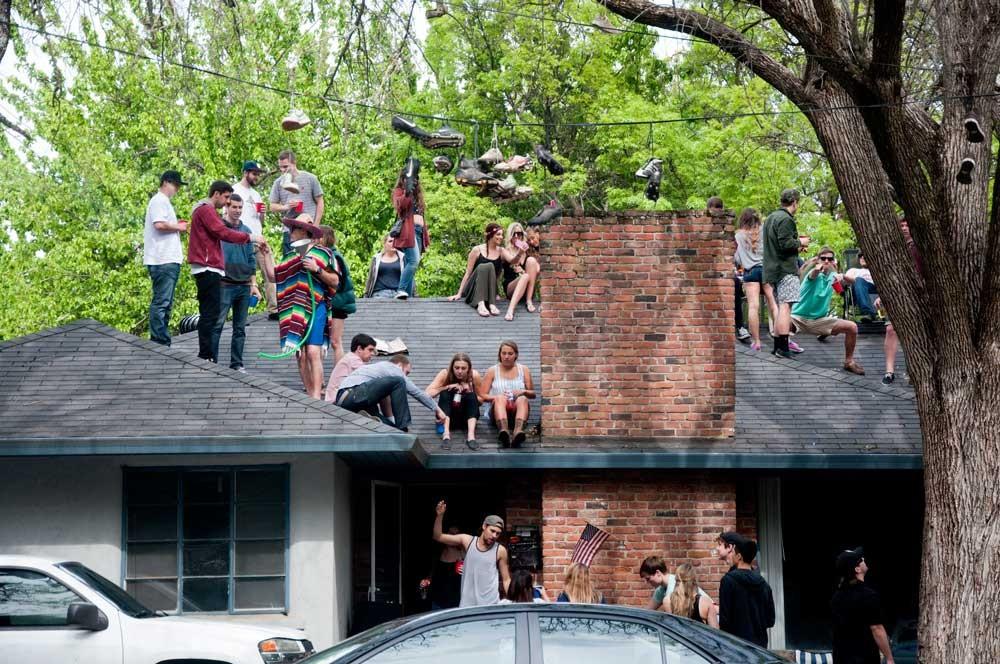The Pacific Gas and Electric Company’s advocation for public safety post-Camp Fire is a façade to avoid liability and accountability.
The investor-owned utility company, which provides natural gas and electricity to two-thirds of California, is now responsible for two of California’s largest wildfires. First the Camp Fire, which was the largest, deadliest fire in California history when it hit in 2018, and the even larger Kincade Fire of Sonoma County, which has burned 77,758 acres and is still burning at 74% containment as of Nov. 2, 2019.
On Oct. 24, PG&E told regulators that a broken jumper cable on a transmission tower may be the cause of the Kincade Fire, according to NBC Bay Area. Ironically, that tower, along with other high voltage equipment, was not shut off during PG&E’s planned power shutoffs in Sonoma County.
Since the California Department of Forestry and Fire Protection confirmed that PG&E was responsible for the Camp Fire, Californians have looked to PG&E for progressive action to prevent further fires from occurring.
Instead, PG&E has simply shut off power for millions of customers anytime California gets a gust of wind — all in the name of public safety.
Public safety isn’t their concern, though. The fact that they are aware that wind could potentially destroy their equipment and trigger a wildfire means that they are aware of how faulty their equipment is. Therefore, they only shut off power to avoid any liability.
The Kincade Fire is proof that the shut offs are meaningless. How can PG&E turn off power to residents, but leave their high voltage equipment energized and not expect a fire?
As a resident of Butte County and a native to Sonoma County, “livid” does not begin to describe my feelings toward PG&E.
When the town of Windsor, north of Santa Rosa (my hometown), was given an evacuation order, my uncle, along with some of his neighbors, decided to stay as the Kincade Fire burned.
A stubborn decision on his part, however I was glad to hear that he wasn’t alone.
When I got a notification in the early morning hours of Oct. 27 that those who stayed behind in Windsor had to leave as the fire had reached the town, I began to panic.
I tried to call my uncle, but none of my calls went through. I called my aunt and my mom, but they had no idea where he was. I began to fear the worst. Though I was surrounded by supportive friends who consoled me at the time, I couldn’t help but breakdown in the driveway of my friend’s house.
My uncle was safe, as he evacuated to my parent’s house in southern Santa Rosa, away from the fire, but the uncertainty of my uncle’s well-being was too heavy to bear. I wouldn’t wish that feeling on my worst enemy.
As a journalist, writing stories on a variety of topics regarding PG&E has been no easy task.
Whether it’s staff at PG&E Community Resource Centers or representatives at the Paradise Town Hall building, their refusal to answer questions to the press is frustrating when trying to gather information. In turn, PG&E’s lack of transparency serves the public no good and makes the company look nefarious.
Janette Estrada, a journalism student at Chico State, was writing a story about a shooting involving a PG&E company car in Colusa County. When Estrada contacted PG&E’s media hotline, they refused to talk to her.
“(PG&E media inquiries) said that they ‘don’t work with student journalists’ and that they deal with papers like the The New York Times,” Estrada said.
To disregard student journalism is not only unethical, but sets a dangerous precedent. This is frustrating, but not surprising as PG&E has shown that it cares more about shareholders’ interests than the public.
The Pacific Gas and Electric Company should be dissolved and a publicly-owned utility company must be put in its place if these serious threats to public safety, like fires caused by faulty electrical equipment and lack of public outreach, are to be resolved.
It may seem like wishful thinking, but it’s not impossible.
Angel Ortega can be reached at [email protected] or on Twitter @AngelOrtegaNews.













